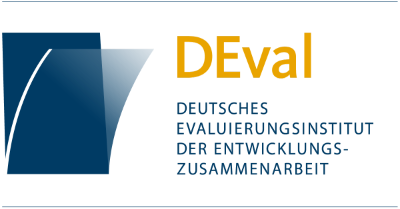This paper presents a comprehensive river discharge analysis to estimate past and future hydrological extremes across Morocco. Hydrological simulations with historical forcing and climate change scenario inputs have been performed to better understand the change in magnitude and frequency of extreme discharge events that cause flooding. Simulations are applied to all major rivers of Morocco, including a total of 16 basins that cover the majority of the country. An ensemble of temperature and precipitation input parameter sets was generated to analyze input uncertainty, an approach that can be extended to other regions of the world, including data-sparse regions. Parameter uncertainty was also included in the analyses. Historical simulations comprise the period 1979–2021, while future simulations (2015–2100) were performed under the Shared Socioeconomic Pathway (SSP) 2–4.5 and SSP5–8.5. Clear patterns of changing flood extremes are projected; these changes are significant when considered as a proportion of the land area of the country. Two types of basins have been identified, based on their different behavior in climate change scenarios. In the Northern/Mediterranean basins we observe a decrease in the frequency and intensity of events by 2050 under both SSPs, whereas for the remaining catchments higher and more frequent high-flow events in the form of flash floods are detected. Our analysis revealed that this is a consequence of the reduction in rainfall accumulation and intensity in both SSPs for the first type of basins, while the opposite applies to the other type. More generally, we propose a methodology that does not rely on observed time series of discharge, so especially for regions where those do not exist or are not available, and that can be applied to undertake future flood projections in the most data-scarce regions. This method allows future hydrological hazards to be estimated for essentially any region of the world.
Downloads and Links
Bibliographische Angaben

